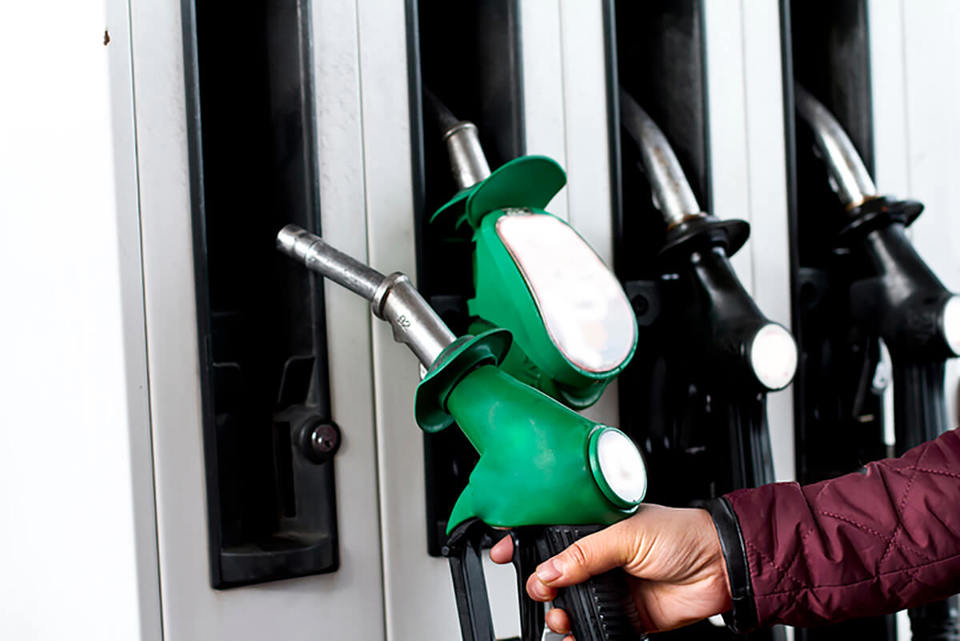Restricting the maximum speed of a vehicle to 60mph can reduce fuel consumption by up to 10%, but only adds two minutes to the average journey time, new research suggests.
DriveGain analysed 10,000 journeys uploaded to the company’s web portal over the past nine months and found that limiting the maximum speed to 60mph resulted in cutting fuel spend, while not adding significantly to journey times.
“Drivers are wasting a lot of fuel for very little difference in their arrival times,” said Simon East, chief executive officer of DriveGain. “We find drivers tend to over-estimate how much quicker they will arrive when driving faster. Unless the roads are totally clear, other traffic on your route will tend to slow you down considerably.”
When driving at higher speeds drivers tend to accelerate until they catch up with traffic ahead, at which point they brake to slow down, and this constant acceleration and braking cycle uses much more fuel than travelling at a constant speed.
DriveGain produces an application using the iPhone’s GPS to calculate how efficiently the vehicle is being driven. Combining information about acceleration, driving smoothness, and overall speed with the exact specifications of the vehicle being driven, it gives the driver feedback on how they can reduce the amount of fuel they are using.
For each journey the DriveGain app records the speed, the actual fuel used and the journey duration.
The company examined this data to see how many journeys exceeded a set speed, such as 60mph. It then compared the total time and fuel use of these journeys to a simulation of what would have happened if the user had been limited to the restricted speed.
This allowed DriveGain to work out what the average extra journey time and fuel saving was for these journeys if the vehicles’ speed was limited.
This journey data is also uploaded to the web server (for users who enable this) where it can be analysed.
DriveGain’s statistics appear to support fleet operators that employ technology to limit a vehicle’s speed, which is especially timely when the Freight Transport Association (FTA) says that diesel prices have increased by more than 5% since this time last year and fuel now represents more than 70% of the running costs for the average van on the UK roads. A typical van will use more than £7,000 of fuel each year.
However, despite this burden, many operators are failing to take on board straightforward measures to reduce this cost to their business, let alone turning to technology.
More follows on page two...


















Sean Jay - 22/08/2012 11:39
More and more Lorrys are limited to 50mph now for the simple fact that it saves fuel. What is the point in having vans and cars capable of speeds in excess of 100mph. All in favour of limiters for vans and cars but limiting top speeds to 60mph seems a bit extreme! try 80